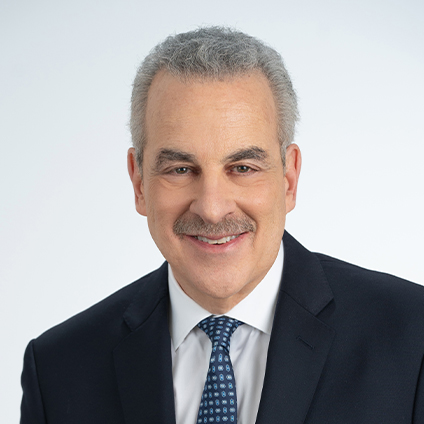No, antidepressants not placebos. Placebos are pharmacologically inert. Past studies have been flawed but placebos have been found to improve mild depression while severe depression was helped more by antidepressants than placebos. Hopefully, studies will improve in the future to give better data.
Is It True That Antidepressants Are No Better Than Placebos?
Is It True That Antidepressants Are No Better Than Placebos?
Why studies underrate the value of these medications
Clinical Expert: Harold S. Koplewicz, MD
The effectiveness of psychotropic medications, including antidepressants, has been called into question for years, with several studies suggesting that placebos work just as well.
How can we understand those studies?
First, the fact is that placebos do have an effect on many ailments—to a point. A placebo is by definition pharmacologically inert, but the effect it can have is remarkable, through heightened expectations, suggestion, and other less understood effects. This is not limited to depression; placebos can help with pain, digestion, Parkinson’s disease, and much more. Neuroscientists have taken brain scans of people experiencing the placebo effect and watched as patients’ brains mimicked the effects of anti-Parkinson medication. The therapeutic effect is real, although it doesn’t last as long as actual medication or surgery.
Meanwhile, two things make the effectiveness of antidepressants hard to study. First, people diagnosed with depression may get better on their own, making it difficult to determine if a patient is improving because of treatment or for other reasons.
Second, not all depressions are alike: People with mild depression versus severe depression respond differently to medications. There’s a type of depression called “atypical depression” that teenagers are especially prone to. Those who have it respond best to medications that aren’t often used.
The trouble with drug trials
To evaluate efficacy as well as safety, the Food and Drug Administration started requiring testing of new medications in the 1960s. Unfortunately, there are many problems with how these clinical trials are conducted. Pharmaceutical companies rush to get their product on the market as soon as possible because the patent clock—and their opportunity to profit by marketing exclusivity—is ticking. Their primary concern during clinical trials is minimizing potential side effects that could keep the drug off the market.
This means giving patient volunteers the smallest dose that could still yield statistically significant benefits—and when the dosage is kept low to minimize side effects, it will also be less likely to have any real clinical success on someone with a disorder. Rather than taking the time to determine a correct clinical dose, it’s cheaper to do lots of studies and throw out the ones that don’t get results.
There’s also a problem with trial volunteers, who may have varying degrees of depression, ranging from severe to mild to no disorder at all—some may just be feeling down because of a recent divorce or unemployment or some other life event, and they are likely to get better on their own
Doctors running FDA trials are pressured to recruit volunteers as quickly as possible, so they often do a poor job screening them. The doctors may be less discriminating or even outright biased toward volunteers who will be more susceptible to treatment, be it an antidepressant or a placebo.
Medications help the severely affected most
What we know from clinical experience—that antidepressants work best with people who have severe depression—was actually borne out by unpublished trials that Dr. Irving Kirsch of the Placebo Studies Center at Harvard Medical School analyzed a couple of years ago, finding that antidepressants worked no better than placebos. His study made a big splash on 60 Minutes, but within the patients included in those studies, people with more severe depression were helped by antidepressants; those with much milder cases were less likely to benefit.
Medication has the power to change lives
As a child and adolescent psychiatrist, I have also seen the lives of many children turned around by antidepressant medication. I have seen it help kids who were so acutely anxious they were afraid to speak, and I have seen it aid teenagers who were so depressed they were ready to take their own lives.
It’s true that not everyone should be prescribed a psychotropic medication—or be included in an FDA trial of one—but that doesn’t mean they don’t work for others. Hopefully those who could really benefit from medication will have a chance to see if it works for them.
Frequently Asked Questions
This article was last reviewed or updated on August 19, 2024.

Harold S. Koplewicz, MD
Harold S. Koplewicz, MD, is the founding President and Medical Director of the Child Mind Institute and is a senior child and adolescent psychiatrist in the Psychopharmacology Center. Read Bio
